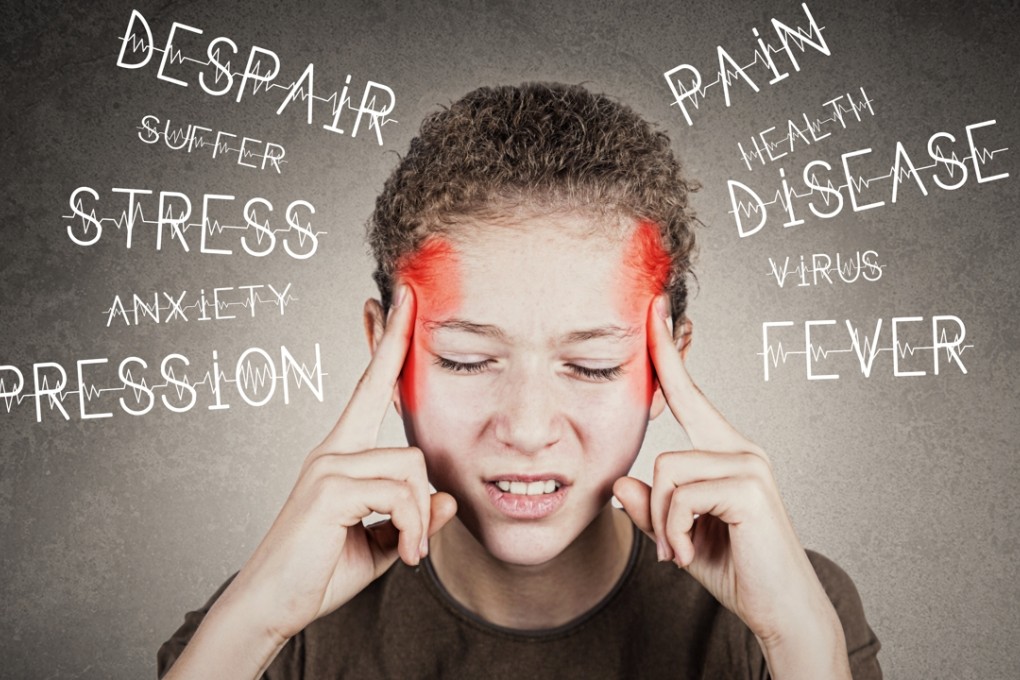Top causes of stress for Hong Kong people are money and self-induced pressure: survey
Lack of sleep among top stress factors for Chinese, international online survey shows; and it finds more in Hong Kong are stress-free than in most other places

Money and self-induced pressure are the two major causes of stress among people in Hong Kong, according to an international survey.
These are the same top sources of stress overall across the 22 countries and territories polled by Germany-based international market research company GfK.
Mainland China, however, had different results: there, the two major causes of stress were self-induced pressure and insufficient sleep, and parents were among the top five major causes of stress. Self-induced pressure was also the top cause of stress in Brazil and Germany.
More than a third of Hongkongers surveyed said they were relatively stress-free - higher than in most other places.
A total of 27,000 people aged 15 and older participated in the online survey, carried out in the summer. These included 1,003 people in Hong Kong and 1,501 in mainland China.
